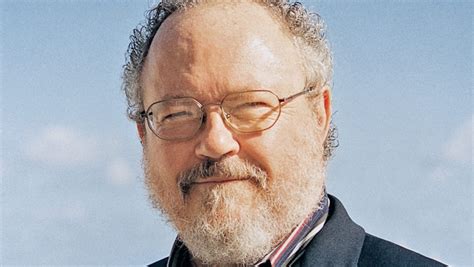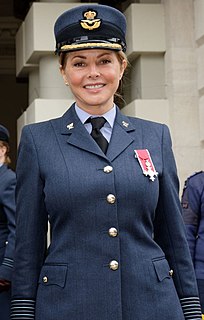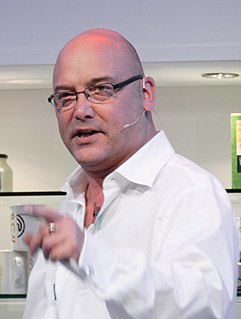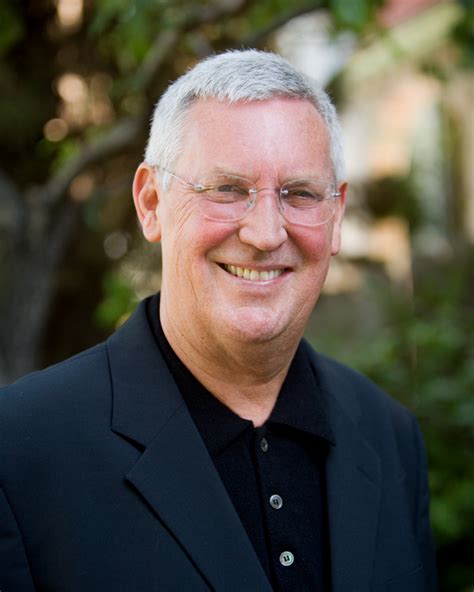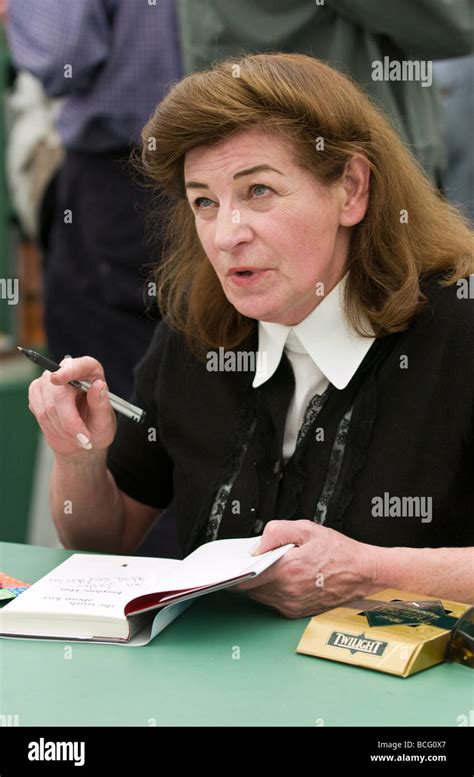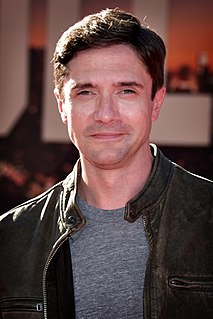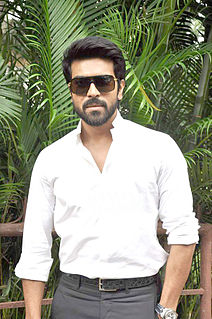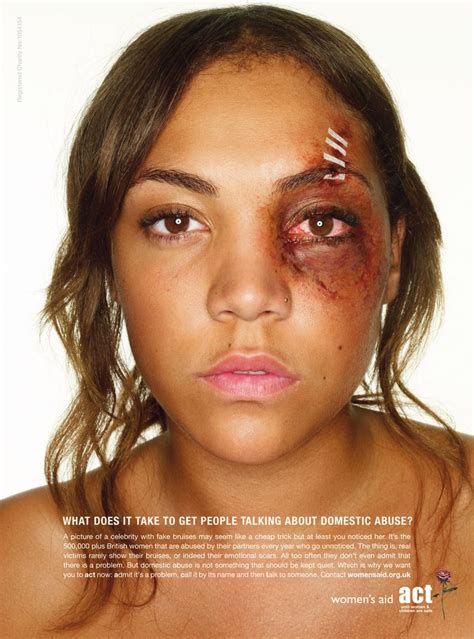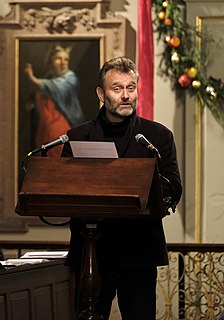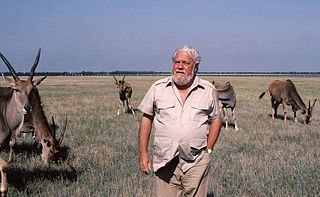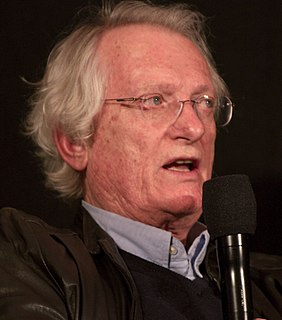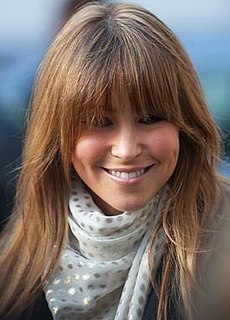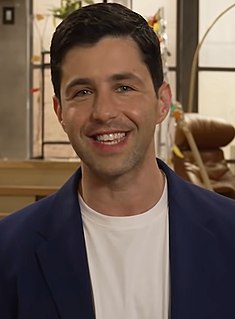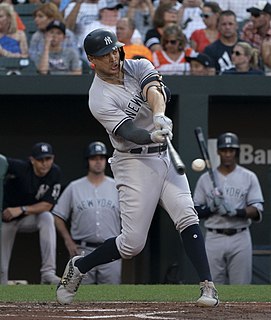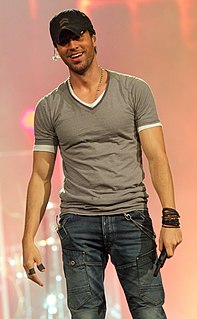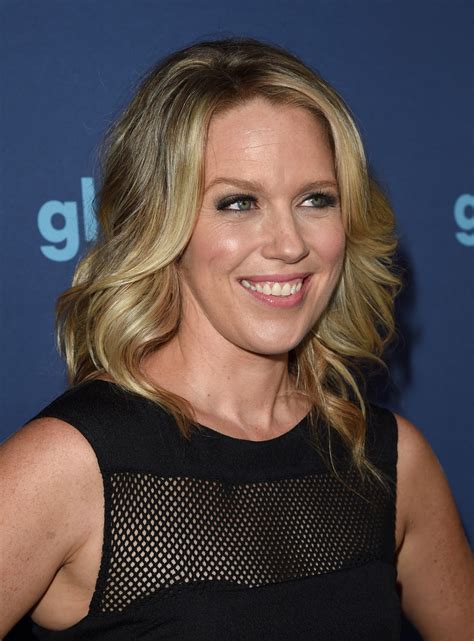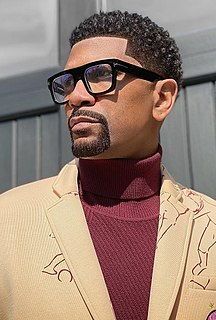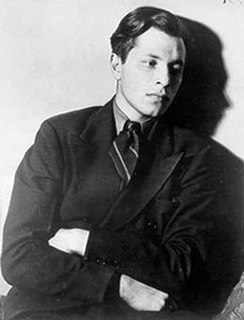Top 1200 Childhood Home Quotes & Sayings
Explore popular Childhood Home quotes.
Last updated on November 25, 2024.
All of us remember the home of our childhood. Interestingly, our thoughts do not dwell on whether the house was large or small, the neighborhood fashionable or downtrodden. Rather, we delight in the experiences we shared as a family. The home is the laboratory of our lives, and what we learn there largely determines what we do when we leave there.
Strangely enough, for many many years I didn't talk about my childhood and then when I did I got a ton of mail - literally within a year I got a couple of thousand letters from people who'd had a worse childhood, a similar childhood, a less-bad childhood, and the question that was most often posed to me in those letters was: how did you get past the trauma of being raised by a violent alcoholic?
The role you've been ascribed in childhood can twist or break apart or seem outgrown, especially when you have your own family and begin to see your own childhood from a different angle. You remember. You reassess. I think that was the kernel of the novel for me. This idea that you change but that your family, the people you were born into, might find that change hard to accept. You no longer fit the mold you've always been ascribed. When the adult children in the book converge back on their small family home there's a sense that they don't fit there anymore.
They say that childhood forms us, that those early influences are the key to everything. Is the peace of the soul so easily won? Simply the inevitable result of a happy childhood. What makes childhood happy? Parental harmony? Good health? Security? Might not a happy childhood be the worst possible preparation for life? Like leading a lamb to the slaughter.
[Immigrating] didn't burn out my desire to travel, though that can happen. There's nothing like immigration to make you want to just stay put. But what I think of as home is this life between Santo Domingo and the parts of New Jersey and New York City that were my childhood, so in my mind it's like home is all those things combined.
As soon as one knows one is going to die, childhood is over.... So one can be grown up at seven. Then, I believe most human beings forget what they have understood, recover another sort of childhood that can last all their lives. It is not a true childhood but a kind of forgetting. Desires and anxieties are there, preventing you from having access to the essential truth.






